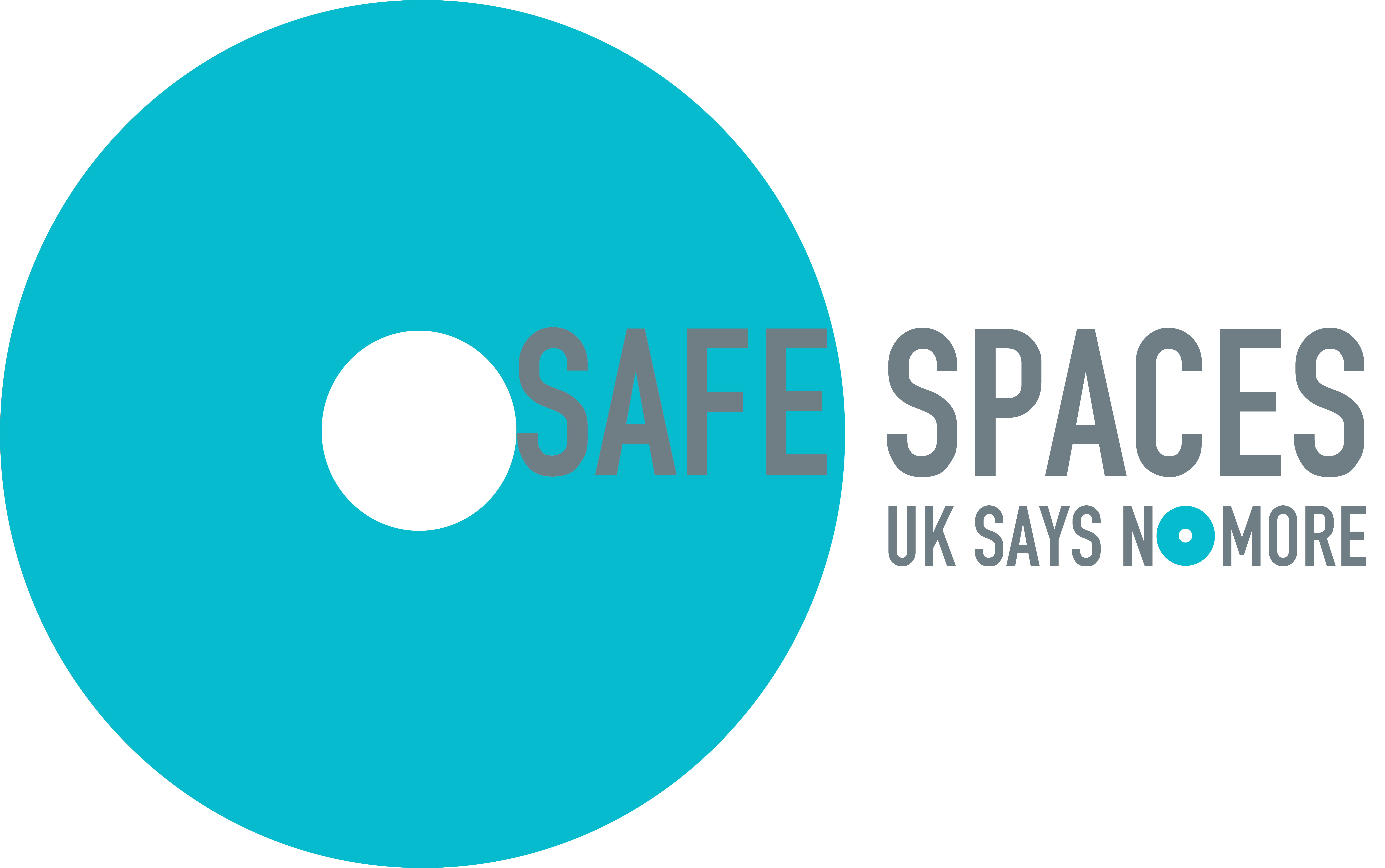BLOG: Tackling social housing fraud
06 December 2021
By Dillon Darbar, Tenancy Fraud Officer at Network Homes
Social housing is an asset allowing thousands on low incomes to live in suitable homes. Therefore, social housing fraud takes a property away from those in genuine need of an affordable home when there are already long waiting lists. Within the London Borough of Brent alone, a key operating borough for Network Homes, there are over 20,000 people waiting for a home, facing an average waiting period of 14 years before they obtain one.
Dillon Darbar
Since 2019 Network Homes has been proactively tackling social housing fraud. We’ve run a key amnesty recovering four properties in one month and we’ve offered a £250 tenancy fraud reward scheme open to all staff, residents, and members of the public for referrals, paid on the successful recovery of a Network property. Nine claims have been successfully paid out over a two-year period. In addition to this, we’ve also obtained Unlawful Profit Orders (UPO’s) totalling £50,000 for the unlawful subletting of a Network property. A UPO requires an offender to pay the landlord an amount that represents the profit made from illegally subletting.
Recognising the importance of empowering our people, tenancy fraud awareness training is regularly rolled out across all our relevant departments ensuring our staff know how to identify and report potential fraud. And, as a result of these efforts, we’ve recovered 54 properties in three years which has allowed us to offer 75 individuals in genuine need of social housing somewhere to live and call home. We’ve also made savings of around £1million in the process which can be reinvested in quality services for our residents. The savings figures are based on the Cabinet Office National Fraud Initiative report of July 2020.
At Network Homes, our proactive drive to investigate tenancy fraud involves the use of internal and external data matching tools to identify suspected sublet tenancies. One interesting case involved a tenant who was found to have unlawfully sublet their one-bedroom home as a two-bedroom property in a prime London location, while living in a £600,000 valued property elsewhere. Concrete evidence was obtained from six subtenants, some of which were living abroad. Following our investigation, the tenant agreed to pay back the £45,000 they had made in unlawful profit over the years of illegal subletting. This was without the need of going to court, saving us further costs in the process.
The COVID-19 pandemic has brought many challenges. At Network, we have seen an increase in the number of unlawful succession applications and anti-social behaviour referrals that were later identified as being a result of social housing fraud. We’ve also identified tenants claiming to be stranded abroad or isolating with COVID in an attempt to avoid meeting with our officers who are doing tenancy checks. The Coronavirus Act 2020 has also caused delays in progressing our cases to court due to the eviction ban and frustrations in being able to subsequently obtain bailiff eviction dates.
But we’ve managed to overcome these challenges and will continue to do all we can, working with our internal and external partners in the process to recover homes for those in genuine need of social housing.
This blog originally appeared in Inside Housing.

